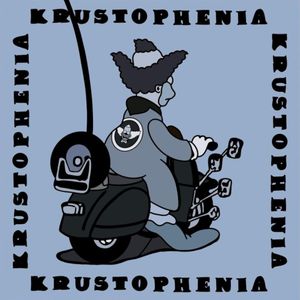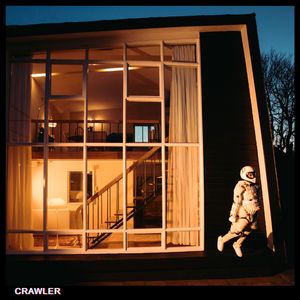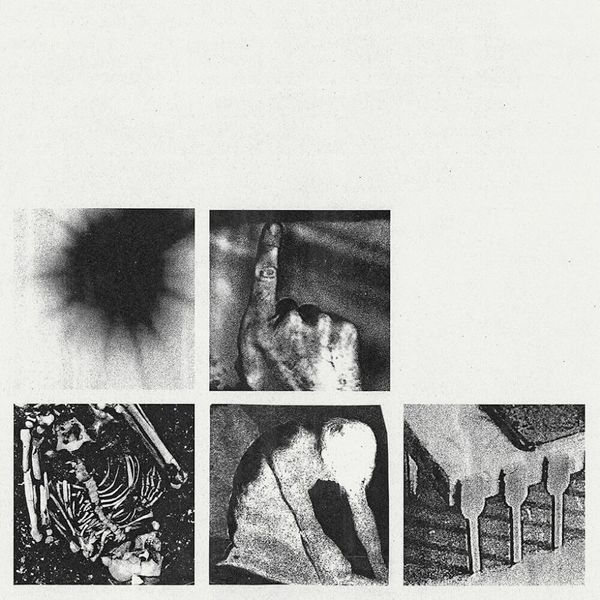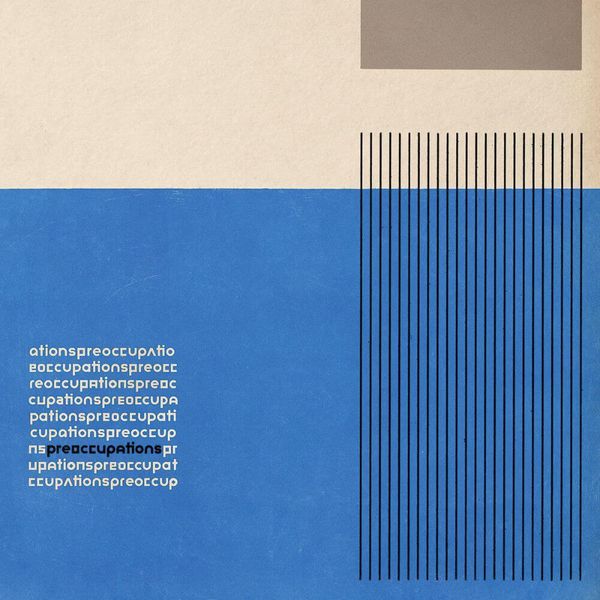Dissociation
The Dillinger Escape Plan
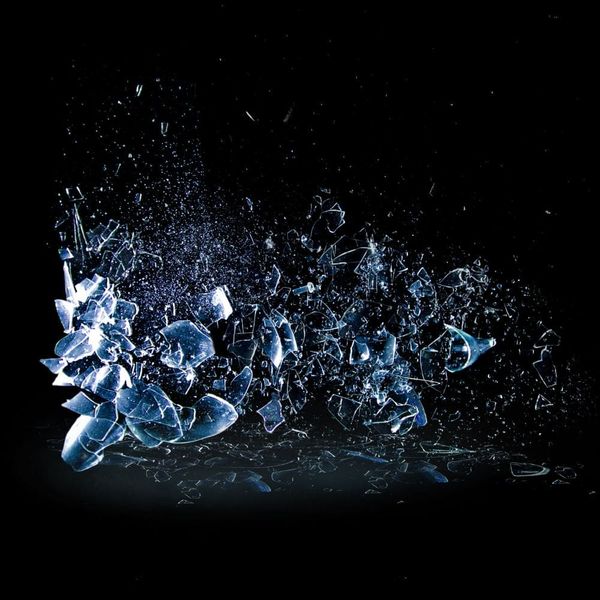

Essential Tracks
- Symptom of Terminal Illness
Favourite Tracks
- Fugue
- Dissociation
André
Due to the sheer lack of any standout hard-rock record, Dissociation is a crucial shot in the arm for 2016. The Dillinger Escape Plan construct an album that is gloriously punishing, beating listeners into a meditative, almost coma-like state. The severity that derives from the combination of Greg Puciato’s visceral vocals and the band’s jittery playing will strike terror into the hearts of many — but rest assured, there’s great excitement to be had from the brutality.
The band's intentions are laid clear immediately with opener “Limerent Death”, as frantic polyrhythms and twitchy melodies lay the groundwork for Puciato to deliver his anguished outbursts. The song reaches a fierce and agonising climax, leaving with the confession ‘I gave you everything you wanted, you were everything to me.’ What follows is an unusual instance of conventional structure; the rolls and rumbles of “Symptom of Terminal Illness” advancing into a roaring chorus that benefits from obvious restrain.
Dissociation’s initial one-two combination is an exceptional one, but it doesn’t exemplify everything that the record has to offer. DEP often delve into delicious jazz-tinged tangents to soothe the hysteria, like in “Low Feels Blvd”, before crashing straight back into their organised chaos. On “Fugue”, they go one further and essentially roll out an Aphex Twin track — it’s a strange diversion, but it’s one that certainly offers you some time to breathe. Perhaps its early inclusion is necessary, because the second side of Dissociation is absolutely relentless. It captures the numbing sweet spot that the likes of Death Grips achieve so regularly. It’s an enjoyable sensation that can be difficult to describe for the faint-hearted.
As proceedings draw to a close with the gorgeous title track, you’re finally left with time to reflect. It seems that this is to be The Dillinger Escape Plan’s final album, which is a great shame. We’ve experienced some solid releases from their peers, but there’s been nothing quite like Dissociation in 2016. The music is technically stunning, and is performed with an intensity that is unparalleled. They choose to be going out on the top of their game. There is great wisdom in that choice.
Favourite tracks //
- Symptom of Terminal Illness
- Limerent Death
- Dissociation
Fred
The Dillinger Escape Plan’s final album exemplifies my strained relationship with x-core music. Dissociation is intelligent, deliberate, and utterly punishing. Furious metal rackets trade blows with soft, elegant jazz fusion and string arrangements, and the whole exchange is gorgeous and horrible at the same time.
When the band are going full throttle I want to inject my brain with morphine; in moments of wonderful, wonderful peace I am on edge because I know more banging and screaming is imminent. I understand this is the genre, and the album name makes it clear what the band are going for — I just don’t want to be there. What The Dillinger Escape Plan are doing is purposeful, and in many respects masterful, but that doesn’t keep my face from dropping every time thunderous white noise kicks off.
Even the more melodic spells feel remote. When songs like “Low Feels Blvd” and “Surrogate” slow down I’m usually too shell-shocked to enjoy it. I do wonder if a second restful base camp track like “Fugue” would have gotten me to the end of the record in one piece. Ultimately though, I appreciated this album far more as a tightly wound visceral outlet than as a likeable listening experience. And that’s ok. Dissociation wasn’t made for me. I don’t doubt those it was made for will thoroughly enjoy it.
Favourite tracks //
- Symptom of Terminal Illness
- Fugue
Andrew
This album is certainly no walk in the park. The final release from The Dillinger Escape Plan sends the listener into a clattering, raucous, driving rollercoaster ride from the off, throwing the tempo around like a rag doll. Sudden changes appear from out of nowhere throughout the album, with diversions like “Fugue” appearing just as the listener settles into the tone set by the first 15 minutes of listening, before being unseated again by “Low Feels Blvd” which follows. This does well to agitate and unsettle the listener, which surely can’t be a mistake on the band’s part, but also never leaves ideas to hang about for too long (not that they feel underdeveloped).
Technically, the work on this album is spectacular, with frequent use of polyrhythms, many undetectable without really listening in, busy melody lines, and varied vocal styles. It’s a tracklist to appreciate even if the style is not to your tastes. Besides this, we hear Squarepusher-esque glitch-ridden electronica and on-trend though still tightly coordinated jazz, proving their flexibility as a band. I do have a ‘but’ though, and it is purely one of preference. While I can certainly enjoy the weight of a majority of these tracks, the abrasion, especially in the vocal performance simply wears me down too early on, and the style in general can teeter on an avenue of metal that I’ve never agreed with.
This means I’m waiting for the more off-piste passages such as “Fugue” to appear before diving back in for more ear abuse (and I use that term as a descriptor rather than a criticism), and given that the band is known first and foremost for its metal aesthetic I don’t feel as if a real fan would share my experience. This is by no means an album for the faint-hearted, but if you do take the plunge, it is a well put together, loud steam roller of a parting album from the band.
Favourite tracks //
- Fugue
- Symptom of Terminal Illness
- Dissociation


